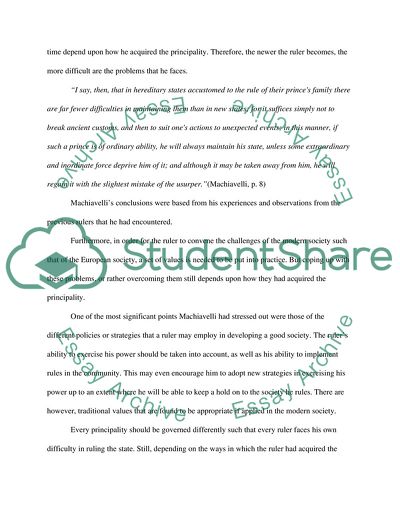Cite this document
(Euro-Civilization Article Example | Topics and Well Written Essays - 1500 words, n.d.)
Euro-Civilization Article Example | Topics and Well Written Essays - 1500 words. https://studentshare.org/philosophy/1705261-euro-civlization-short-paper-on-the-prince-by-machiavelii
Euro-Civilization Article Example | Topics and Well Written Essays - 1500 words. https://studentshare.org/philosophy/1705261-euro-civlization-short-paper-on-the-prince-by-machiavelii
(Euro-Civilization Article Example | Topics and Well Written Essays - 1500 Words)
Euro-Civilization Article Example | Topics and Well Written Essays - 1500 Words. https://studentshare.org/philosophy/1705261-euro-civlization-short-paper-on-the-prince-by-machiavelii.
Euro-Civilization Article Example | Topics and Well Written Essays - 1500 Words. https://studentshare.org/philosophy/1705261-euro-civlization-short-paper-on-the-prince-by-machiavelii.
“Euro-Civilization Article Example | Topics and Well Written Essays - 1500 Words”. https://studentshare.org/philosophy/1705261-euro-civlization-short-paper-on-the-prince-by-machiavelii.


